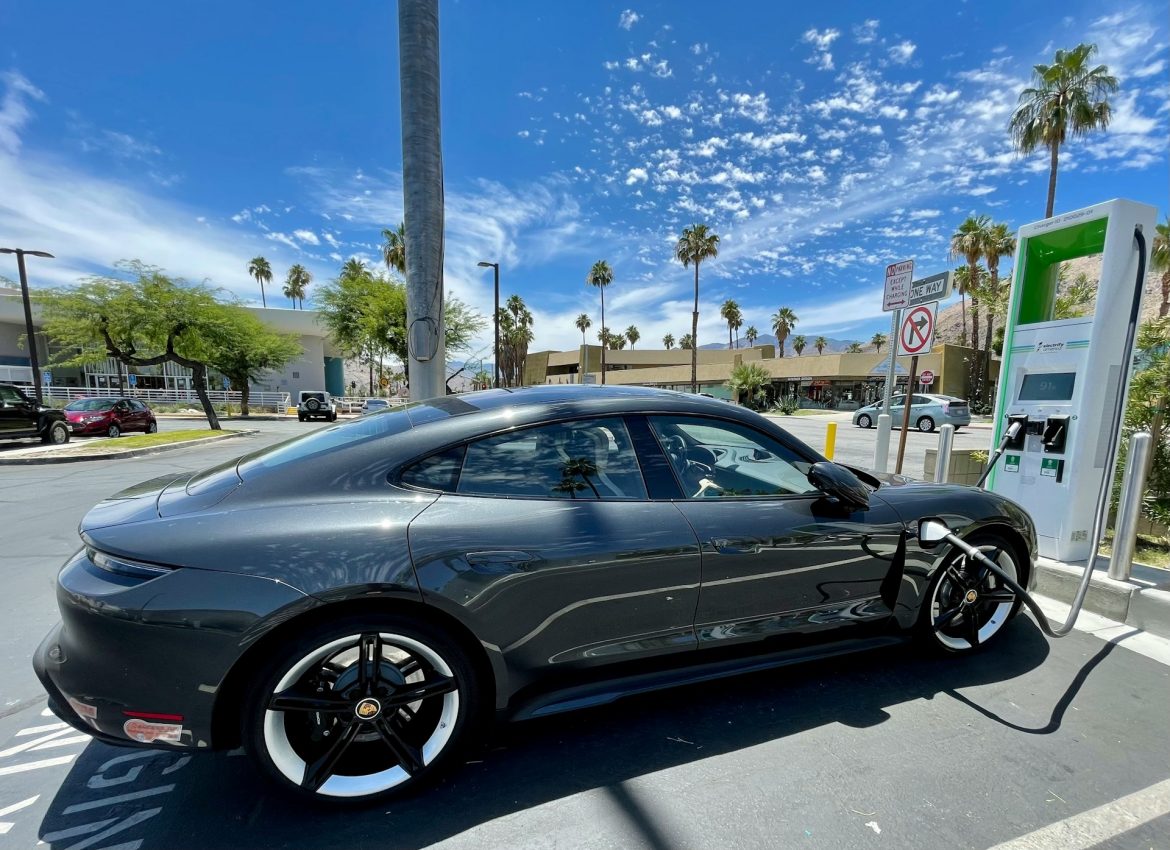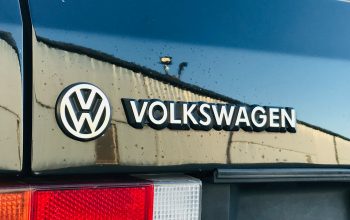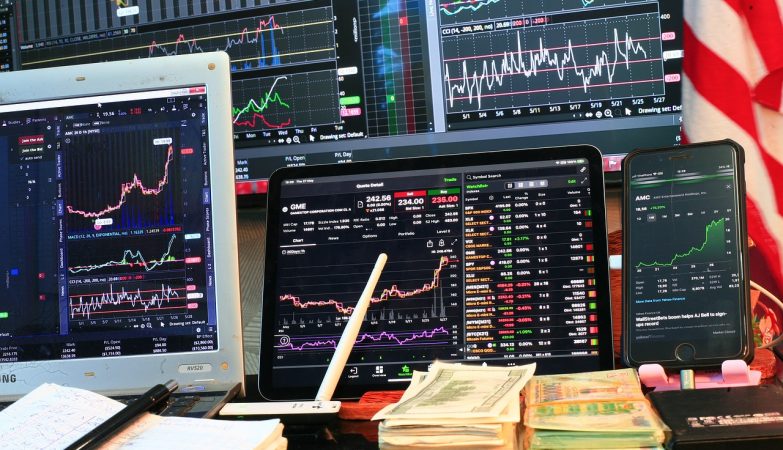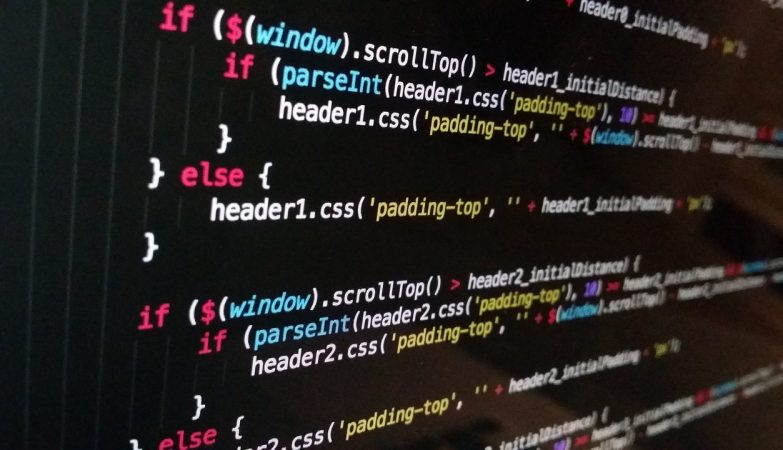Electric vehicles, semiconductors, solar panels: the U.S. has imposed special tariffs on products with which China is flooding the global market. Europe is now debating whether to follow suit. Here are the main arguments.
Following the U.S. announcement of punitive tariffs on a range of Chinese products, Europe is considering whether similar measures should be taken.
U.S. President Joe Biden has announced increased tariffs on Chinese electric vehicles, lithium-ion batteries, solar cells, semiconductors, as well as certain minerals and medical products. The U.S. accuses China of flooding global markets with cheap goods, distorting international competition, and threatening domestic companies. China has vowed to retaliate.
In Europe, the European Commission is currently considering anti-dumping tariffs on Chinese electric vehicles. The debate on whether this measure is sensible is divided into four main argument lines. There are those who are strongly against tariffs, those who are generally opposed but do not rule them out as a last resort, those who strongly support European tariffs, and those who are in favor but open to other solutions as well.
Strongly Against
Among those who strongly oppose tariffs are German Chancellor Olaf Scholz (SPD) and Swedish Prime Minister Ulf Kristersson.
Scholz stated that while he does not want to preempt the European Commission’s decision, he cautioned that such tariffs could also harm Europe. Currently, about 50 percent of the electric vehicles exported from China to Europe are produced by Western brands that operate factories in China.
Kristersson added that European manufacturers also sell many vehicles in the Chinese market and could face retaliation from China if Europe imposes punitive tariffs.
Dirk Jandura, President of the Federation of Wholesale, Foreign Trade, and Services (BGA), warned of higher costs for consumers and businesses if Europe imposes tariffs. The German automotive industry, for example, relies on parts and electric models from China.
BMW CEO Oliver Zipse warned of a spiral of protectionism that could lead to an ever-increasing number of tariffs, emphasizing the importance of electromobility as a rapidly growing, more environmentally sustainable form of propulsion. He stated that punitive tariffs could jeopardize this growth.







